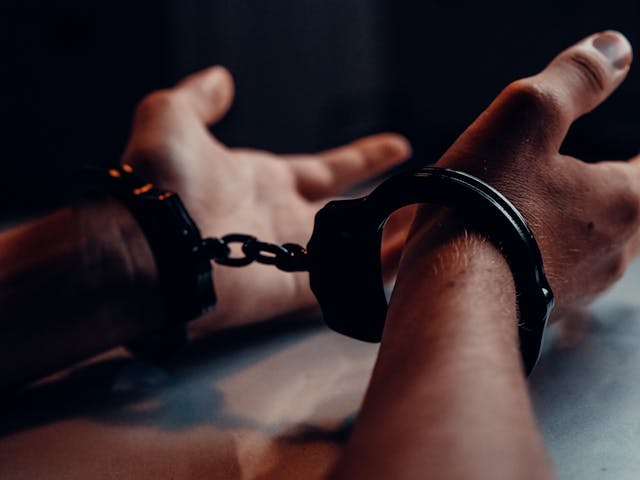When a child or teenager is accused of a crime in Fort Collins, Colorado, it can be an incredibly stressful experience for both the young person and their family. The juvenile justice system is different from the adult system in important ways, but it can still lead to serious, life-altering consequences if not handled properly.
At O’Malley Law Office, we understand the fear and uncertainty families face when a juvenile is arrested or charged. This post covers the basics of how juvenile crimes are handled in Colorado and what you can do to protect your child’s rights and future.
What Is a Juvenile Crime in Colorado?
In Colorado, a juvenile crime is any criminal offense allegedly committed by a person under the age of 18. These cases are usually handled in juvenile court, which has different goals than adult court, focusing more on rehabilitation than punishment.
However, don’t let that fool you. Juvenile charges can still carry harsh penalties, affect your child’s education and future, and in some cases, result in adult criminal charges.
Common Juvenile Offenses in Larimer County, Colorado
Some of the most common juvenile charges we see include:
- Underage drinking or possession of alcohol
- Drug possession or use (including marijuana)
- Criminal Mischief (Vandalism or Graffiti)
- Shoplifting or Theft
- Assault and fighting (school-related or otherwise)
- Trespassing or curfew violations
- Sexual Offenses
- Weapon possession at school
- Cyberbullying or online harassment
While some of these may seem minor, they can lead to serious penalties if not properly addressed.
Can a Juvenile Be Charged as an Adult in Colorado?
Yes. In Colorado, a juvenile can be charged as an adult in certain situations — usually involving serious violent felonies such as:
- Murder
- Sexual Assault
- Aggravated Robbery
- Certain firearm-related crimes
Prosecutors can seek a “direct file” in district court for juveniles 14 years or older in some felony cases. Being charged as an adult exposes a child to adult penalties, including prison time and a permanent criminal record.
How Does the Juvenile Court Process Work in Estes Park?
Juvenile cases typically follow this process:
- Arrest or summons
- Detention hearing (if the child is held in custody)
- Filing of charges by the District Attorney
- Pretrial conferences or plea negotiations
- Adjudicatory hearing (juvenile version of a trial)
- Disposition hearing (juvenile sentencing, if found guilty)
Juvenile court allows for more flexible sentencing, including:
- Diversion programs (avoiding charges altogether)
- Probation
- Counseling or therapy
- Community service
- Restitution to victims
- Juvenile detention in more serious cases
How Are Juvenile Records Handled in Colorado?
In most cases, juvenile records are not automatically sealed when the child turns 18. However, Colorado allows many juvenile offenders to petition to have their records expunged, meaning erased from public view.
Eligibility depends on:
- The type of offense
- Whether the juvenile completed their sentence
- Whether they’ve reoffended
Expungement is crucial for protecting future education, employment, and housing opportunities.
Why Early Legal Representation Matters in a Fort Collins Juvenile Case
A juvenile criminal charge is not just a “phase” or a “lesson learned” — it’s a legal matter with real and lasting consequences. The earlier you involve a qualified juvenile defense attorney, the better your chances of:
- Getting the case dismissed or diverted
- Avoiding detention or out-of-home placement
- Preventing a criminal record
- Keeping the case in juvenile court, not adult court
- Protecting your child’s rights and dignity throughout the process
If your child has been charged with a crime, be smart, exercise their right to remain silent, and contact the best juvenile criminal defense attorneys from the O’Malley Law Office at 970-658-0007 to schedule a free initial consultation. Together, we can protect your child’s future.
Photo by Kindel Media
